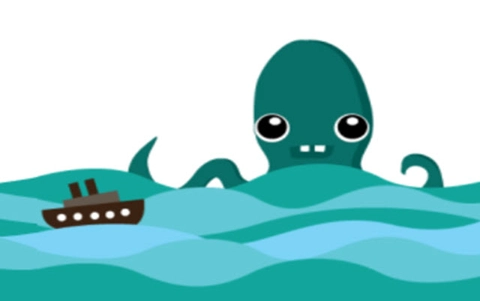Web Literacy Basics
This module covers three areas of web literacy including reading for the web, writing for the web and participating on the web. In reading for the web they assess the credibility of a web resource and learn how the web works. In writing for the web they explore remixing and learn about composing for the web. In participating on the web they explore open content and create an online community task to inspire action.
Additional details
| Year band(s) | 5-6, 7-8 |
|---|---|
| Format | Web page |
| Australian Curriculum Digital Technologies code(s) |
AC9TDI6K01
Investigate the main internal components of common digital systems and their function
AC9TDI6K02
Examine how digital systems form networks to transmit data
AC9TDI6P07
Select and use appropriate digital tools effectively to create, locate and communicate content, applying common conventions
AC9TDI6P08
Select and use appropriate digital tools effectively to share content online, plan tasks and collaborate on projects, demonstrating agreed behaviours
AC9TDI8K01
Explain how hardware specifications affect performance and select appropriate hardware for particular tasks and workloads
AC9TDI8K02
Investigate how data is transmitted and secured in wired and wireless networks including the internet
AC9TDI8P01
Acquire, store and validate data from a range of sources using software, including spreadsheets and databases
AC9TDI8P11
Select and use a range of digital tools efficiently, including unfamiliar features, to create, locate and communicate content, consistently applying common conventions
AC9TDI8P12
Select and use a range of digital tools efficiently and responsibly to share content online, and plan and manage individual and collaborative agile projects |
| Keywords | Digital citizenship, Web Literacy, Open resources, Remixing, Cooperation, Internet, Unplugged, Composing, Interface |
| Integrated, cross-curriculum, special needs | English, Digital Literacy |
| Organisation | Mozilla |
| Copyright | Mozilla Foundation. Creative Commons BY-SA 4.0 |
Related resources
-
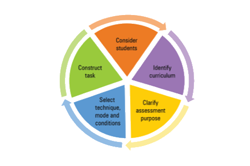
Blueprint for designing and constructing an assessment task
The Assessment and reporting advice and guidelines support teachers to implement and assess Digital Technologies.
-
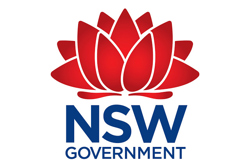
Robotics through coding
Read the article in this Scan magazine by Kylie Burrett, a teacher librarian at Whitebridge High School, who explains how a lunchtime robotics and coding club has helped students to engage with technology and learn essential 21st century skills.
-

The new work mindset
Change summary to During 2020, the global pandemic COVID-19 has seen Australia, like many other nations across the world, struggling to forecast what the future of work will look like given the pandemic has impacted almost every aspect of how we live, learn and earn.
-
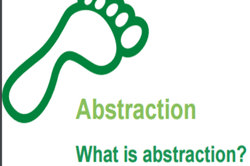
Abstraction
Want to find out more about what abstraction is and its role is in computational thinking? This resource outlines: What is abstraction, why is abstraction important and what abstraction looks like in the primary curriculum. Requires free log-in to access resources.
-
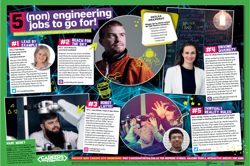
Careers with Engineering
These three posters show students some of the amazing ways engineering is used everyday, and the awesome careers they can pursue in these areas.
-

Classroom ideas: Choose your own adventure (Years 3-6)
In Digital Technologies, students from Year 3 onwards should be planning and implementing projects that include branching (decision-making). Creating a ‘choose your own adventure’ story is an excellent way for students to design and implement a project that makes use of branching.
-
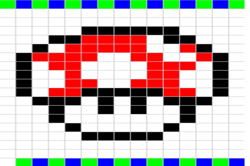
Pixels and binary digits assessment
Students are given a bitmap image made up of coloured pixels.
-

Network infographic assessment
In this assessment task, students demonstrate their ability to distinguish between different types of networks and defined purposes.
